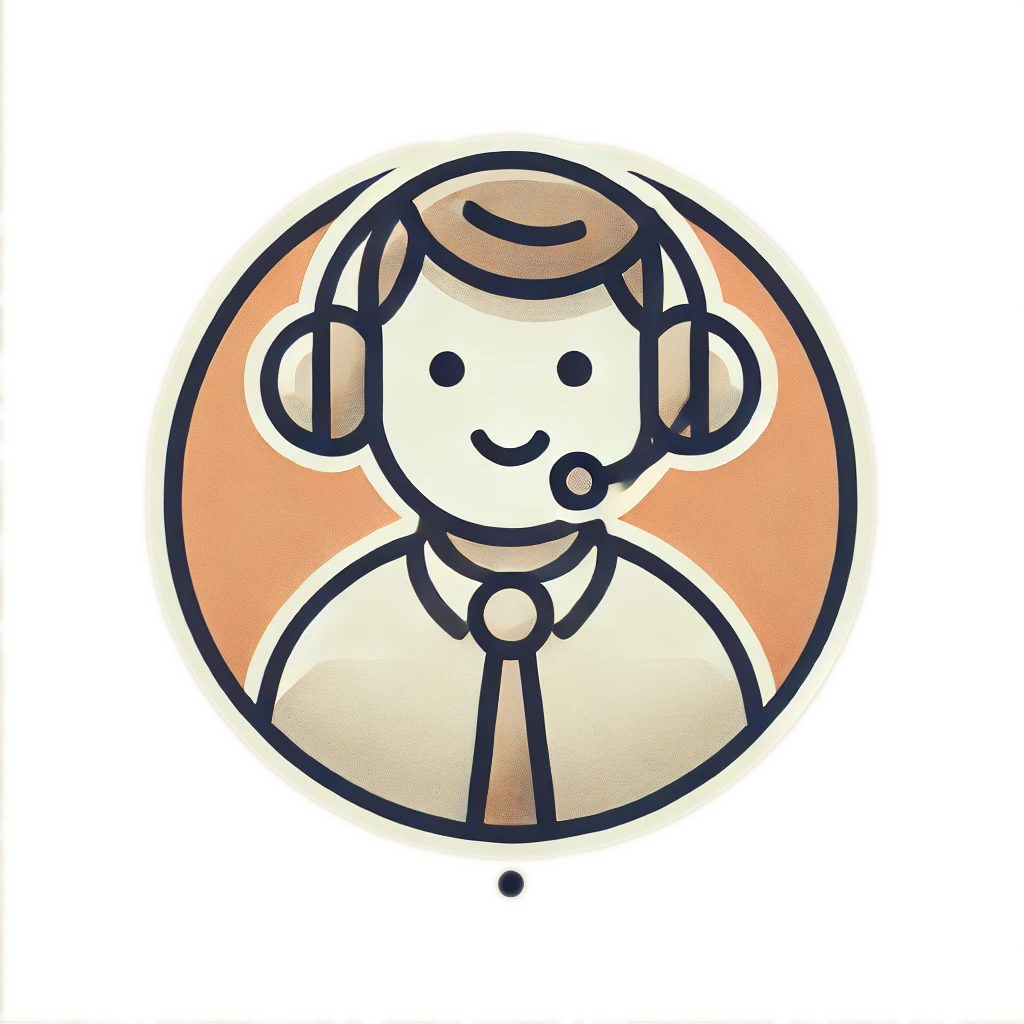※テスト問題の解答を確認するためページを下にスクロールした際、問題が見えなくなります。なるべくズームアウトし、画面全体を縮小してからご覧ください。
Marie Curie
マリー・キュリー
In 1903, Marie Curie became the first woman to receive a Nobel Prize.
1903年、マリー・キュリーはノーベル賞を受賞した最初の女性となりました。
She got it for the research that she and her husband had carried out in physics.
彼女は夫と共に行った物理学の研究でこの賞を受けました。
Eight years later, she became the first person ever to win a second Nobel Prize.
8年後、彼女は2度目のノーベル賞を受賞した初の人物となりました。
This time, the prize was for discoveries that she had made in chemistry.
今回は化学における発見に対する賞でした。
Her research has led to the development of technologies such as X-ray machines that have become important parts of our lives.
彼女の研究は、私たちの生活に欠かせないX線機器などの技術の発展に貢献しました。
Marie Curie was born in Warsaw, Poland, in 1867.
マリー・キュリーは1867年にポーランドのワルシャワで生まれました。
She was the youngest of five children, and her parents were both teachers.
彼女は5人兄弟の末っ子で、両親は教師でした。
She was a bright child who was good at remembering facts.
彼女は事実を覚えるのが得意な賢い子供でした。
She did well at school, but she was unable to attend the University of Warsaw.
彼女は学校で成績が良かったが、ワルシャワ大学に通うことはできませんでした。
At the time, it only accepted male students.
当時、その大学は男性学生しか受け入れていませんでした。
Instead, she took a job as a tutor and carried on studying math, physics, and chemistry in her spare time.
代わりに家庭教師として働きながら、空き時間に数学、物理学、化学を勉強し続けました。
However, these private studies would not allow her to achieve her dream of obtaining a university degree.
しかし、このような独学では、大学の学位を取得するという夢を実現することはできませんでした。
Marie Curie and her sister worked together so that they could both get university degrees.
マリー・キュリーと彼女の姉は、二人とも大学の学位を取得するために協力しました。
Marie Curie agreed to give some of the money she earned so that her sister could study medicine.
マリー・キュリーは、自分が稼いだお金の一部を姉の医学の学費に充てることに同意しました。
Her sister promised that, after she graduated, she would support Marie Curie’s studies.
姉は、卒業後にマリー・キュリーの勉強を支援すると約束しました。
After five years of working for a rich family, Marie Curie was finally able to start studying at a university in Paris, France.
裕福な家庭で5年間働いた後、ついにマリー・キュリーはフランス・パリの大学で勉強を始めることができました。
Life was hard for her because she had little money, and she suffered health problems because she could not afford good-quality food.
お金がほとんどなく、質の良い食べ物を買えなかったため、彼女の生活は厳しく、健康問題も抱えていました。
However, she was an excellent student, and she got a degree in physics in 1893 and another in math the following year.
しかし、彼女は優秀な学生で、1893年に物理学の学位を取得し、翌年には数学の学位も取得しました。
Marie Curie first met her husband, Pierre, while she was doing research at the university and he was working there.
マリー・キュリーが最初に夫ピエールに会ったのは、彼女が大学で研究をしているときで、彼もそこで働いていました。
Pierre could see that her research was more important than his own, so he started working with her.
ピエールは彼女の研究が自分の研究よりも重要であることを理解し、彼女と一緒に働き始めました。
After Pierre was killed in an accident in 1906, Marie Curie was offered her husband’s teaching job.
1906年にピエールが事故で亡くなった後、マリー・キュリーは夫の教職のポジションを提供されました。
She became a professor at the university, and she devoted the rest of her life to scientific research and teaching.
彼女は大学の教授となり、その後の人生を科学研究と教育に捧げました。
(34) What was one of Marie Curie’s achievements?
(34) マリー・キュリーの業績の一つは何ですか?
1 |
She won the first Nobel Prize for chemistry.
彼女は初の化学分野のノーベル賞を受賞した。 |
|
2 |
She found a new way to choose Nobel Prize winners.
彼女はノーベル賞受賞者を選ぶ新しい方法を発見した。 |
|
3 |
彼女は複数の分野でノーベル賞を受賞した。 |
|
4 |
She discovered errors in a Nobel Prize winner’s research.
彼女はノーベル賞受賞者の研究に誤りを発見した。 |
(35) Marie Curie was not able to go to university in Warsaw because
(35) マリー・キュリーがワルシャワ大学に行けなかった理由は何ですか?
1 |
She had to take care of her younger brothers and sisters.
彼女は弟や妹の世話をしなければならなかったから。 |
|
2 |
She was asked to go and work at her parents’ school.
彼女は両親の学校で働くよう頼まれたから。 |
|
3 |
The scores that she got at school were not good enough.
彼女が学校で取った成績が十分ではなかったから。 |
|
4 |
The university did not allow women to become students.
大学が女性の学生を受け入れていなかったから。 |
(36) What was one difficulty faced by Marie Curie when she studied in Paris?
(36) マリー・キュリーがパリで学んだ際に直面した困難は何ですか?
1 |
It took five years for her to become good at speaking French.
彼女がフランス語を上手に話せるようになるまで5年かかった。 |
|
2 |
The food she ate was not good enough for her to stay healthy.
彼女が食べていた食べ物は健康を保つのに十分な品質ではなかった。 |
|
3 |
She needed a lot of money to pay for her sister’s medicine.
彼女は姉の薬代を払うために多くのお金が必要だった。 |
|
4 |
Her university would not let her study for a degree in physics.
彼女の大学は物理学の学位を取ることを許可しなかった。 |
(37) Marie Curie’s husband, Pierre,
(37) マリー・キュリーの夫ピエールは
1 |
First met Marie Curie because of an accident that happened in 1906.
1906年に起きた事故がきっかけで初めてマリー・キュリーと会った。 |
|
2 |
Looked after the couple’s children while Marie Curie taught classes.
マリー・キュリーが授業をしている間、子供たちの世話をしていた。 |
|
3 |
Worked at the same university where Marie Curie was doing research.
マリー・キュリーが研究していたのと同じ大学で働いていた。 |
|
4 |
Thought that his own research was more important than Marie Curie’s.
彼は自分の研究がマリー・キュリーの研究より重要だと思っていた。 |
(38) Which of the following statements is true?
(38) 次のうちどの記述が真実ですか?
1 |
Marie Curie had a lot of difficulty remembering facts when she was a child.
マリー・キュリーは子供の頃、事実を覚えるのに多くの困難を抱えていた。 |
|
2 |
Marie Curie and her sister agreed to help each other to study at university.
マリー・キュリーと彼女の姉は、互いに大学で勉強を助け合うことに同意しました。 |
|
3 |
Marie Curie was taught science by a female professor at a university in Paris.
マリー・キュリーはパリの大学で女性教授から科学を教わりました。 |
|
4 |
Marie Curie wanted to study science after finding out how X-ray machines worked.
マリー・キュリーは、X線装置の仕組みを知った後に科学を学びたいと思いました。 |
本番に出る単語をたくさん勉強しましょう。下に出ていることばをクリック❕


Leave a Reply